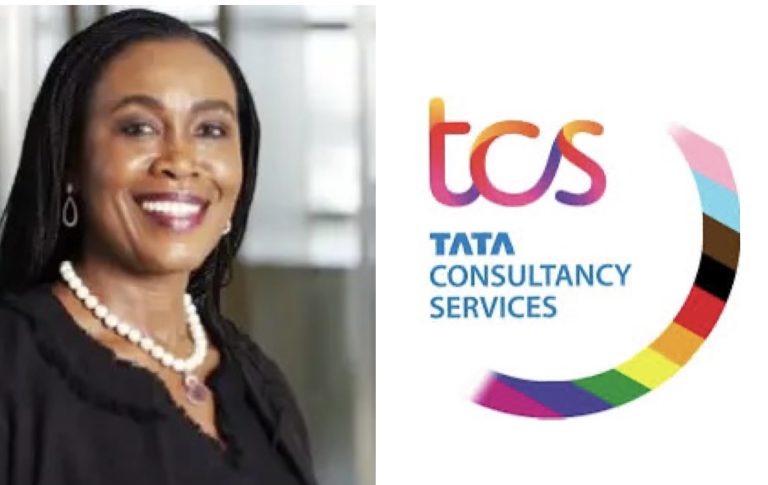adverts
A regulatory filing from last month states that Tata Consultancy Services (TCS) of India was ordered by a US court to pay around $194 million for misappropriating trade secrets.
The complaint was brought in the United States District Court, Northern District of Texas, Dallas Division by Computer Sciences Corporation (CSC), which has since merged with DXC Technology Company (DXC).
The court mandated that TCS give CSC $25.77 million in prejudgment interest through June 13, 2024, $56.15 million in compensatory damages, and $112.3 million in exemplary damages. In addition, the court granted TCS certain reliefs, including injunctions.
adverts
TCS said it intends to request a review or an appeal to safeguard its interests and that it has compelling grounds against the ruling.
It also insists that the ruling won’t have a big effect on its operations or finances.
GHANA
It is the same TCS that was secretly granted a contract in Ghana for domestic tax mobilisation, in a way that is against all public procurement regulations in the nation.
Julie Essiam, the Commissioner General of the Ghana Revenue Authority (GRA), and Daniel Foli, the Head of Procurement at GRA, travelled to India where they inked a contract with TCS to assume responsibility for Ghana’s domestic revenue mobilisation beginning in 2026.
Despite the fact that the previous CG, Rev. Amishaddai Owusu-Amoah, cancelled the entire process for awarding that contract, which began in 2022 with 12 bids, with TCS having the highest cost of $69 million, Julie Essiam took this action.
Due to financial constraints, the GRA initially called off the process on August 21, 2023. But in complete disregard for the legislation governing public procurement, GRA wrote directly to TCS and their local partner IPMC, requesting that they present a technical and financial proposal in September 2023. Then, GRA once more informed TCS/IPMC in a letter dated January 3, 2024, that the procedure had been fully cancelled.
However, upon Julie Essiam’s appointment as CG, she chose TCS at random and awarded the contract to them, completely disobeying the procurement laws, the Central Tender Review Committee’s recommendations, and the GRA board’s advice, rather than restarting the entire process to give each of the 12 candidates an equal opportunity to win the position.
In the meantime, it is well known that TCS’s solution, known as iTAX, has been rejected by at least four additional African nations due to several issues.
TCS recently pretended to be private during a meeting at GRA when requested to provide evidence of the effectiveness of their solution elsewhere. They gave the excuse that this was “for security reasons.” In actuality, though, they have been expelled from Uganda, Zambia, Kenya, and Rwanda. TCS’s solution isn’t even being utilised in India, their own nation.
The GRA and Ghanaians in general should be concerned about TCS’s $194 million US fine for trade secret misuse. The reason that one individual, Julie Essiam, would so flagrantly break all the regulations and will the nation’s domestic tax mobilisation to TCS is another issue that should worry Ghanaians even more.
“Who is supporting Julie Essiam and who will benefit from awarding such a contract to an Indian company with a questionable track record? Is it Ghana or some avaricious individuals who have chosen to mortgage the future of the country for their selfish benefit?” is a question often asked.
Source: TECHFOCUS24


